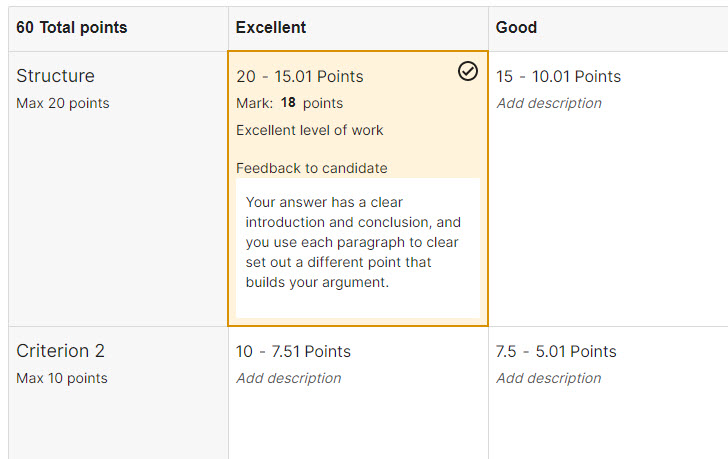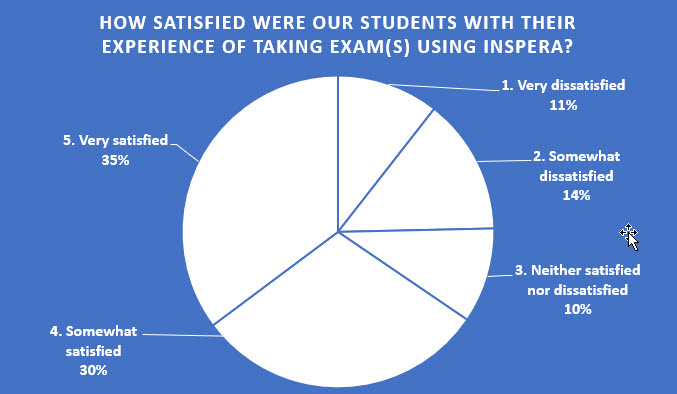LTDS now have a new range of short (10 minute and under) videos about creating your Inspera Digital Exam using the Authoring tool. These are available on our website, under the header Video guides for authors : https://www.ncl.ac.uk/learning-and-teaching/digital-technologies/inspera/
The content of these videos is designed to more briefly cover the 1-hour webinar available on the Learning Management System (LMS) ‘Creating and managing exam questions in Inspera’. These short videos group the content into more manageable self-help guides.
| Video title | Content covered |
|---|---|
| Getting started with Authoring Questions on Inspera | How to access the Author tool via Canvas Navigating the Author tab Filtering and Labels The difference between questions and question sets |
| Creating Questions sets on Inspera | Create and edit question sets Adding /amended marks awarded per question Previewing your question/question set Adding previously created questions into a question set |
| Basic Question set functionality | Sharing a question set with colleagues Printing a question set The Design tab |
| Advanced Question set functionality | Using sections in your question set Question randomisation Candidate selected questions Using stimulus Adding allowed resources |
For all Inspera Digital Exams running in the standard Semester 1 assessment period, the deadline for the finalisation of Questions Sets within Inspera is November 17th.
We do still have some spaces left on our 1-hour webinar ‘Creating and managing exam questions in Inspera’ which is taking place on October 23rd virtually. Book your space on the Newcastle University LMS.










